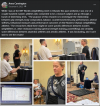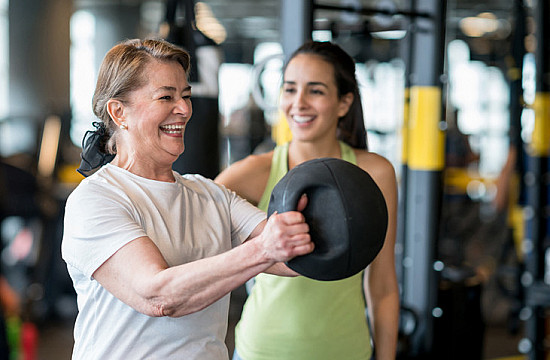I started cycling seriously at age 40 and improved quite a lot through my late 40s. Since then I've held steady or declined a bit, but I think that's purely because I don't emphasize it as much. I put cycling in maintenance mode while I pursued strength objectives. My other cycling friends who have continued to put cycling first have certainly stayed as good or gotten better, into their 60s and beyond. Minus something like sprinting, but just general cycling performance, age is really hardly a limiter!I was having a discussion with a friend who has been bitten by the cycling bug. At 44 he was optimistic that he could still make improvements and found it hard to accept they over time his performance will likely be impacted by age.
Strength is a different story. And throw power in the mix (strength + speed, and/or rate of force development), and it drops off even further with age. Doesn't mean you can't improve at what you do, but certainly you have less potential at age 40, 50, 60... Just look at IWF Masters Weightlifting records and you'll see that clearly.
Simple, Sinister, Snatch test, etc... that's a mixed bag. More nuanced. But I think it's less limited by age than something like weightlifting.
I think Dr. Andy Galpin touched on this in the latest podcast with Huberman. Different domains of fitness are affected differently by age.



